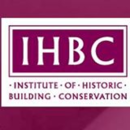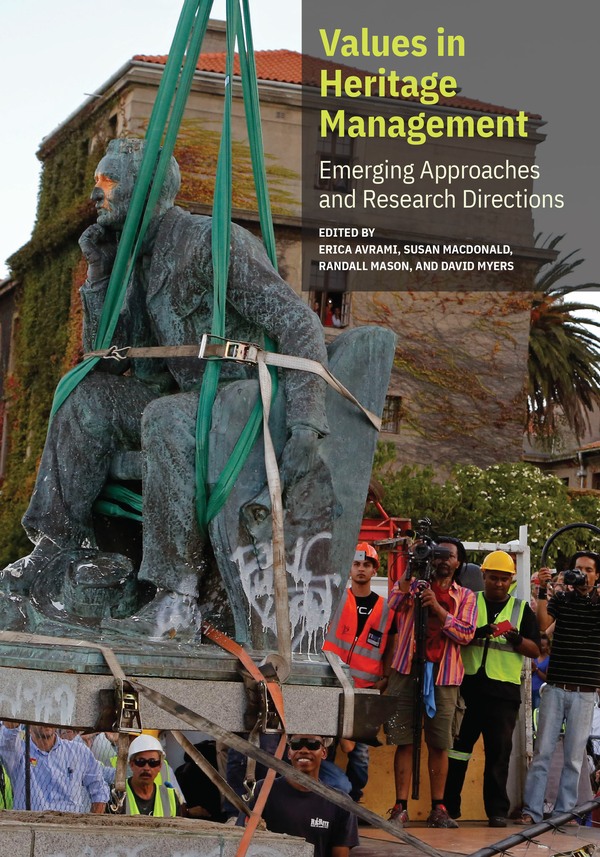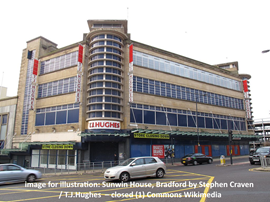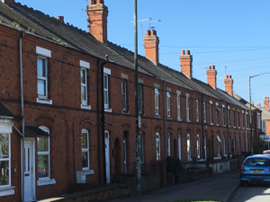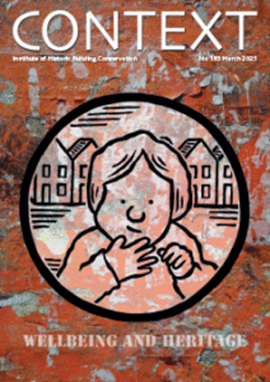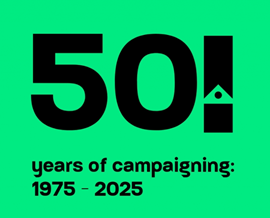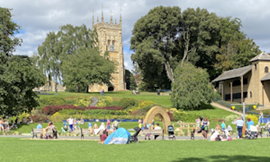Values in Heritage Management: emerging approaches and research directions
Values in Heritage Management: emerging approaches and research directions, Edited by Erica Avrami, Susan Macdonald, Randall Mason and David Myers, Getty Conservation Institute, 2019, 256 pages, softback.
Values in Heritage Management constitutes a timely exploration of advances in the development and use of values-based methodologies as the heritage community seeks to position itself in the mainstream of 21st-century agendas and embrace partnerships with complementary social, economic and environmental interests. From the premise that institutionalised professional standards in the heritage field have evolved from selective, curatorial historic, artistic, aesthetic and scientific perceptions of cultural values, the several chapters disclose a discipline in transition, open to engagement with a broad range of stakeholder groups and communities to advance more integrated approaches to conservation and empower enhanced outcomes.
The call for change is underpinned by the exponential increase in the range of heritage typologies, from monuments to the vernacular, industrial sites to workers’ housing, cultural landscapes to the intangible, and the development of new norms and methods of practice. It is manifest also in the ambition to align the Unesco world heritage system with the United Nations sustainable development goals and the aspirations of the Climate Heritage Network, launched in Edinburgh in 2019.
The editors are past and present colleagues at the Getty Conservation Institute (GCI). In her foreword, GCI associate director Jeanne Marie Teutonico traces the unfolding notion of significance from the 1979 Burra Charter through its 1999 revision, the launch of the GCI’s Agora initiative in 1997 followed by the Research on the Values of Heritage Project, 1998– 2005, and the sequence of related publications, training and field projects that preceded a symposium under this book’s title, held in Los Angeles in 2017.
In their introduction, the co-editors distil the range of themes, the complexity of ideas and interconnections expanded on in the individual chapters. These include the role of cultural values in natural resource conservation; cultural mapping in understanding the complex social-spatial relationships that determine how heritage places are valued by multiple publics; participatory processes that extend beyond heritage experts; and responsive governance models. A central theme is the importance for mediation in establishing common ground and mutual understanding founded on underlying needs, alongside values-based approaches that are responsive to context and culturally specific.
In her chapter ‘The shift towards values in UK heritage practice’, Kate Clark attributes initiation of the drive to people-based approaches, concurrently with the development of robust values-based procedures, to the Heritage Lottery Fund. The chapter explores three phenomena: changing ideas about what constitutes significance; growing awareness of the wider benefits of heritage and its relationship to economic, social and environmental sustainability; and exploration of how heritage organisations demonstrate and create value.
Hossam Mahdy examines traditional Arabic-Islamic perspectives on heritage values, their emphasis on intangible heritage and divergence from normative Eurocentric conservation practices, with the latter’s emphasis on the intrinsic value of material objects. He explores avenues to bridge the gap through integration into broad values-based approaches. In this, Mahdy emphasises that Islam should be understood as a world-view that is not limited to religious, spiritual or cultural aspects. He expands on the Waqf system of endowment as a formidable mechanism for the conservation and management of cultural heritage, highlighting that its emphasis on responsible management favours recycling and adaptive reuse over demolition and replacement, allying it with resource management, waste avoidance and environmental responsibility.
Ayesha Pamela Rogers, drawing from case studies across Asia, investigates how the failure of institutionalised approaches to heritage to identify and incorporate living values – as defined by occupants and users – has led to countless lost opportunities to support place attachment and overall significance in the interests of conservation decision-making.
In a contrasting chapter that is clearly framed for the global north, David Throsby posits the integration of formal economic analysis into the development of policy strategies that reflect ‘the wider concepts of societal value that heritage conservation is required to serve’. Throsby’s deference to the economist Sir Alan Peacock is not persuasive.
Values in Heritage Management constitutes work in progress. It explores the threads of an inclusive approach to values-based methodologies, ones that embrace intersecting interests and bolster conservation outcomes. Its final chapter of conclusions and recommendations, however, is brief and weak, omitting to weave the several strands into a loose-fitting tapestry. The book lacks an index.
This article originally appeared as ‘A discipline in transition’ in Context 169, published by the Institute of Historic Building Conservation (IHBC) in September 2021. It was written by Dennis Rodwell, architect-planner, consultant in cultural heritage and sustainable urban development.
--Institute of Historic Building Conservation
Related articles on Designing Buildings
IHBC NewsBlog
Old Sarum fire in listed (& disputed) WW1 Hangar - Wiltshire Council has sought legal advice after fire engulfed a listed First World War hangar that was embroiled in a lengthy planning dispute.
UK Antarctic Heritage Trust launches ‘Virtual Visit’ website area
The Trust calls on people to 'Immerse yourself in our heritage – Making Antarctica Accessible'
Southend Council pledge to force Kursaal owners to maintain building
The Council has pledged to use ‘every tool in the toolbox’ if urgent repairs are not carried out.
HE’s Research Magazine publishes a major study of the heritage of England’s suburbs
The article traces the long evolution of an internal programme to research 200 years of suburban growth
IHBC Context 183 Wellbeing and Heritage published
The issue explores issues at the intersection of heritage and wellbeing.
SAVE celebrates 50 years of campaigning 1975-2025
SAVE Britain’s Heritage has announced events across the country to celebrate bringing new life to remarkable buildings.
IHBC Annual School 2025 - Shrewsbury 12-14 June
Themed Heritage in Context – Value: Plan: Change, join in-person or online.
200th Anniversary Celebration of the Modern Railway Planned
The Stockton & Darlington Railway opened on September 27, 1825.
Competence Framework Launched for Sustainability in the Built Environment
The Construction Industry Council (CIC) and the Edge have jointly published the framework.
Historic England Launches Wellbeing Strategy for Heritage
Whether through visiting, volunteering, learning or creative practice, engaging with heritage can strengthen confidence, resilience, hope and social connections.





